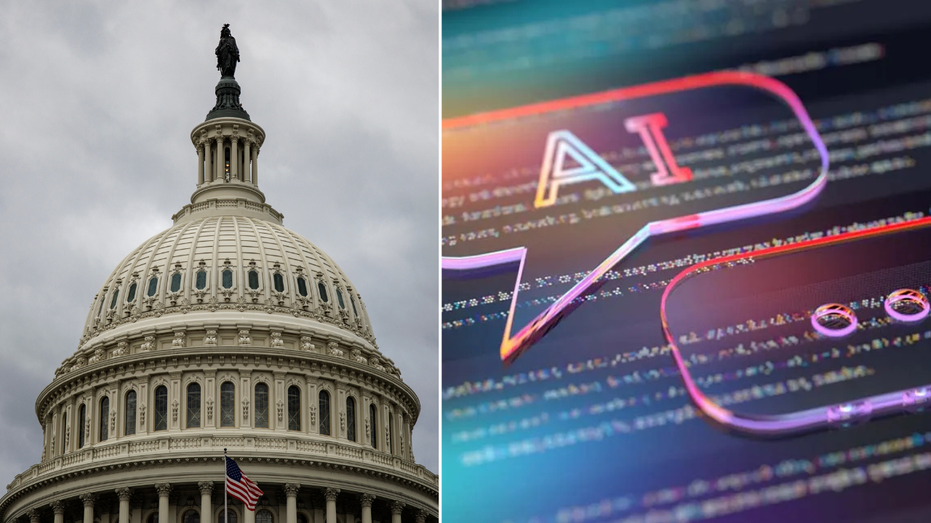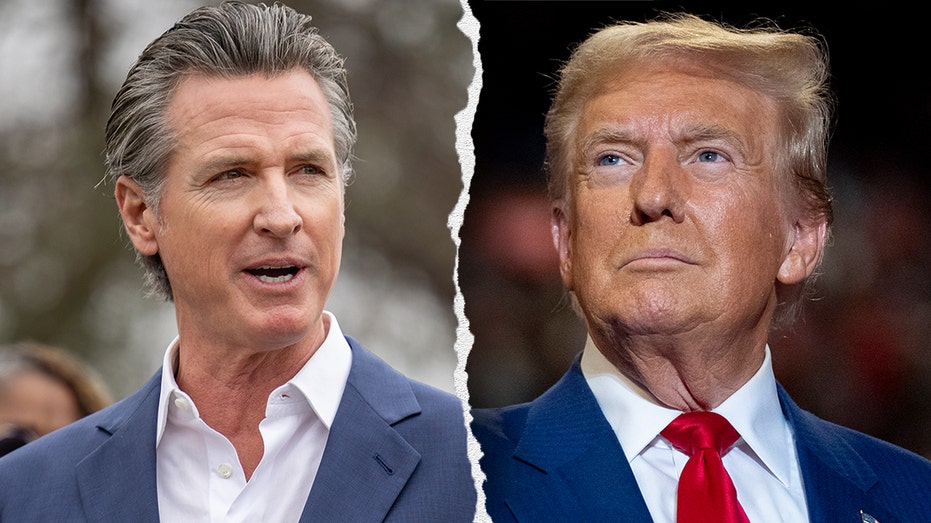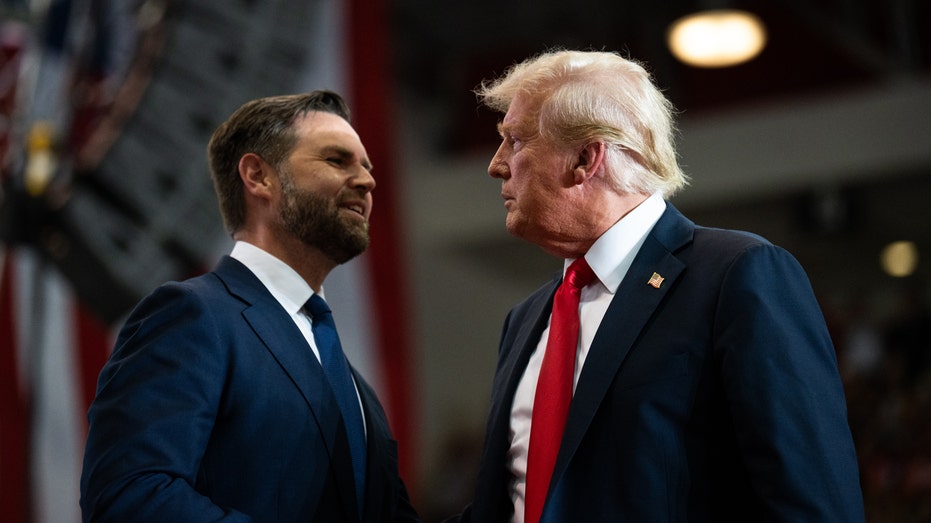Experts praise long-awaited AI report from Congress: 'A thoughtful and forward-thinking framework'
Congress's bipartisan task force on artificial intelligence (AI) released its long-anticipated report this week, detailing strategies for how the U.S. can protect itself against emerging AI-related threats while ensuring the nation remains a leader in innovation within this rapidly evolving sector.
Responses to the report, which sought to strike a "flexible sectoral regulatory framework," were positive and with mixed concerns.
"The Task Force report offers a thoughtful and forward-thinking framework that balances AI's transformative economic potential with the imperative to address legitimate safety concerns," said Dr. Vahid Behzadan, a professor in the computer science department at the University of New Haven. "That said, there's still work to be done."
He pointed to the importance of developing an "international collaboration strategy," especially with U.S. allies, the need to establish "clearer priorities among the many recommendations provided" and the need for more guidance on market competition and consolidation.
FOX NEWS AI NEWSLETTER: OPENAI RESPONDS TO ELON MUSK'S LAWSUIT
The Center for AI Policy, a nonpartisan research organization based in the nation's capital, issued a press release that commended lawmakers for their work on the report. But the group echoed Behzadan's remarks about the need for more detail.
"The body of the report does not contain enough detail about how or when these frameworks will be created," the group said after the report's release. It also expressed concern over the report's lack of emphasis on "catastrophic risks" posed by AI.
"Congress has deliberated on AI for two years now, and it is time to start moving forward with decisive action," the press release stated.
Yaron Litwin is the chief marketing officer for Canopy, a digital parenting app and an expert in how AI technology is revolutionizing parental control and internet safety. He said "we need faster" and "stronger" protections than what was laid out in the report. "To me, the report appears more business-friendly than not."
The report pointed out that it would be "unreasonable to expect Congress to enact legislation this year that could serve as its last word on AI policy." But while Congress may be slow to act, some states have already moved the ball forward on regulating AI, and experts who spoke to Fox News Digital said the report could serve to bolster those efforts.
AI-POWERED DECEPTION: THE SNEAKY MACOS MALWARE MASQUERADING AS YOUR NEXT VIDEO CALL
Lawmakers in Colorado enacted the first comprehensive piece of AI legislation this year, which placed certain obligations on developers of "high-risk artificial intelligence systems." Meanwhile, in California, lawmakers passed a bill this month aiming to regulate AI in health care.
"These federal soft law standards could work alongside state efforts to protect consumers and give businesses clear, consistent, and science-based federal guidelines," said Tatiana Rice, Deputy Director for U.S. Legislation at the Future of Privacy Forum, a nonprofit that explores challenges posed by technological innovation. Rice pointed out that an increasing number of state AI laws "include carveouts or assumptions of compliance if businesses adhere to federally recognized standards," and she noted that Congress's approach will likely "make it easier for businesses to meet legal requirements, incentivize consumer trust and safety, and reduce regulatory complexity."
Craig Albright, Senior Vice President of U.S. Government Relations for the Business Software Alliance, posited that the report could likely encourage states "to be more aggressively [sic] next year than what we are expecting to see in Congress."
LISA KUDROW BEGAN TO FEAR AI AFTER SEEING TOM HANKS MOVIE
On the issue of whether the 25-page report strikes the balance that lawmakers were hoping for in terms of balancing regulation with the need to foster innovation, experts who spoke to Fox News Digital expressed optimism.
"The House AI Working Group report strikes the right tone," Dakota State University President José-Marie Griffiths told Fox News Digital. Griffiths has advised both the Senate and White House on AI policy, including Sen. Mike Rounds, R-S.D., co-chair of the Senate AI Caucus.
"While there will always be debate over regulation versus not enough government oversight, the report is a step in the right direction," said Griffiths. "With the development of any new technology, regulation requires a nuanced and flexible approach. My recommendation going forward will be for Congress to pick and choose to legislate on specific aspects of AI policy."
Griffiths' reaction to the report was echoed by others who warned that in such a rapidly evolving industry, it will be critical not to get trigger-happy with regulations that could soon become obsolete.
"It is encouraging that the report suggests taking an incremental approach to AI policy," said JD Harriman, a partner at Foundation Law Group who has worked as outside patent council at technology corporations like Apple and Pixar. "Many areas of technology have been stifled by over-regulation before a complete understanding of the technology was undertaken."
"The task force’s honesty – ‘We don’t know what we don’t know’ – is both refreshing and daunting," added Cassidy Reid, the founder of Women in Automation, a nonprofit group that supports women in the tech sector. "It acknowledges the speed of AI’s evolution but raises a bigger question: Are we ready to govern something so inherently unpredictable?"




